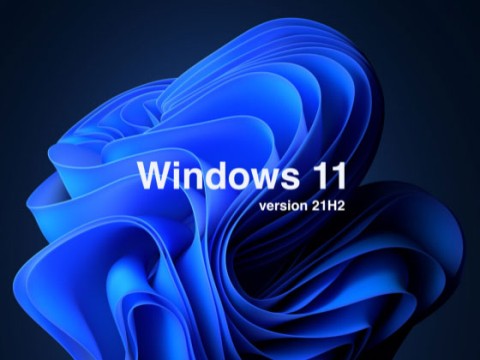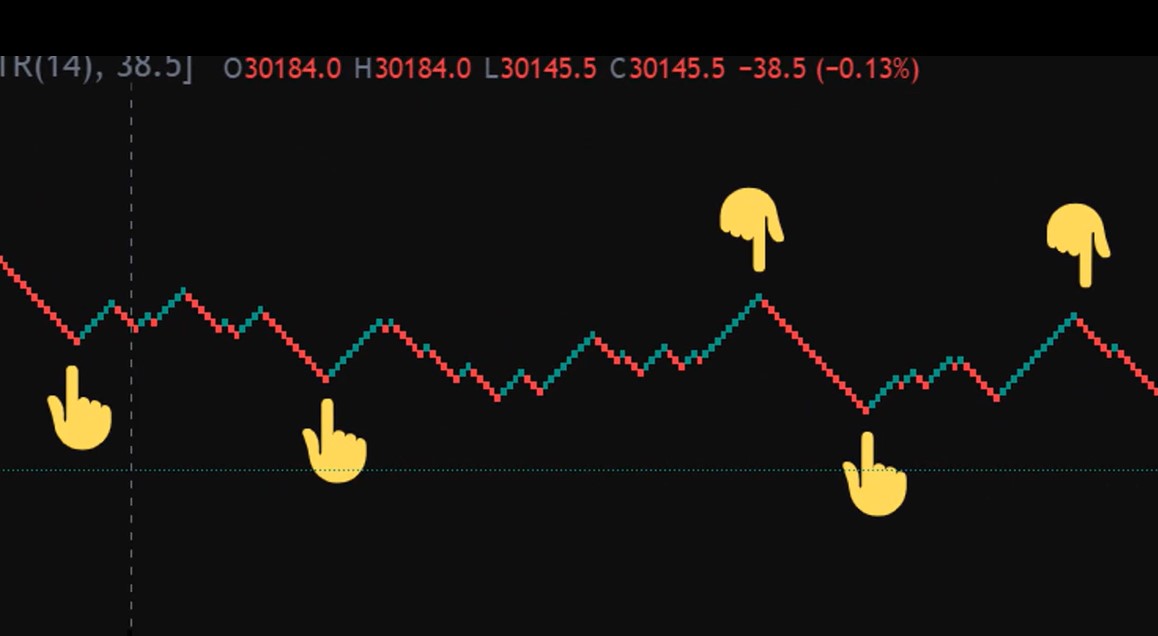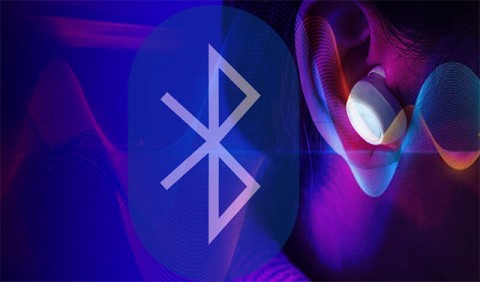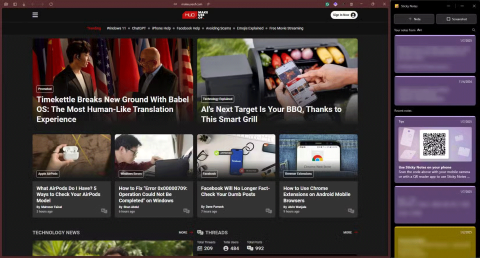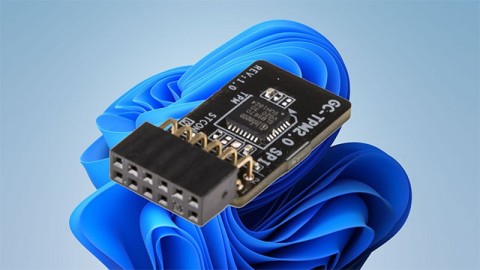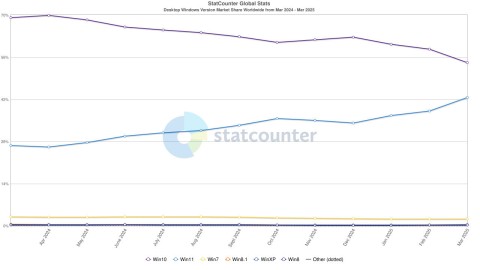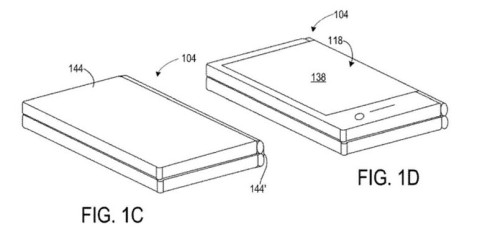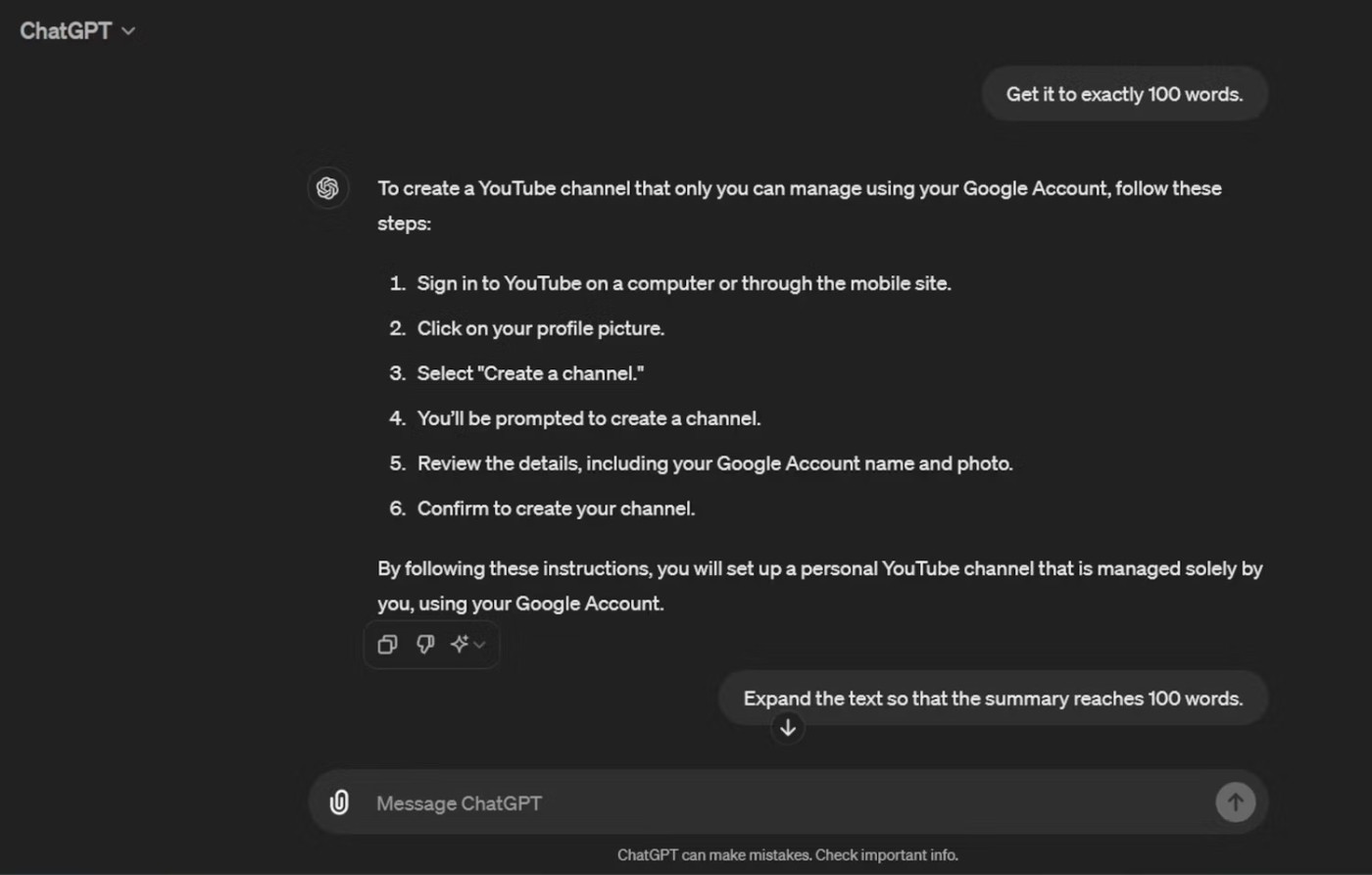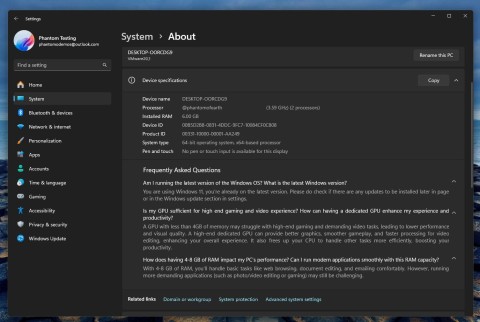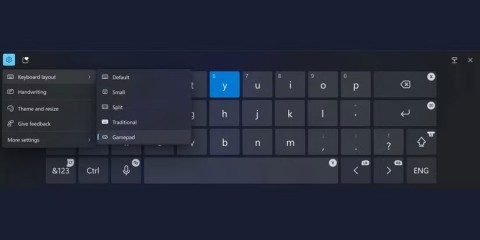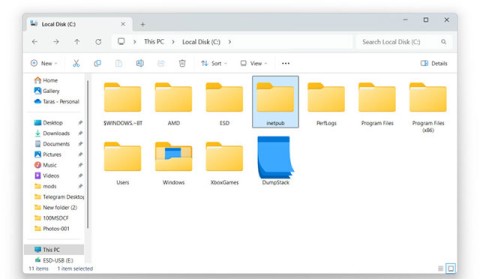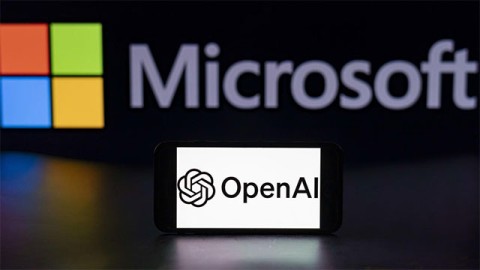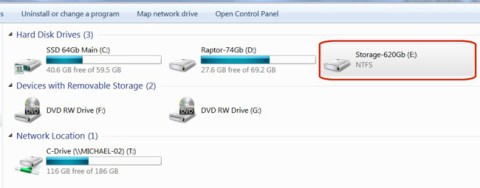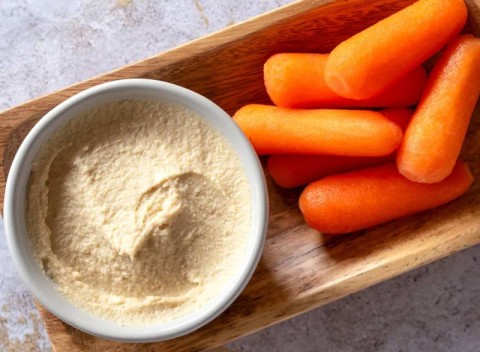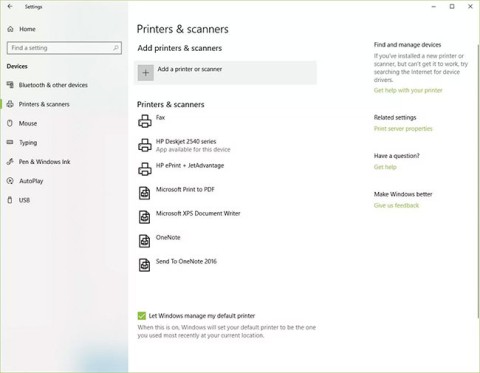The explosive growth of Artificial Intelligence (AI) technology is increasingly impacting many different aspects of life, especially in the field of medical and health research. Today, Microsoft announced a new five-year collaboration agreement with US pharmaceutical research company 1910 Genetics to further promote R&D activities in this potential field, with the core driving force being the company's leading AI resources.
1910 Genetics, founded in 2018 in Boston, Massachusetts, USA, is a startup in the field of pharmaceutical research and production. However, up to now, 1910 Genetics' operations have relied mainly on initial funding from Microsoft, along with investments from OpenAI CEO Sam Altman and several other venture capital groups. This is completely understandable because the business field that the company pursues is very costly and time-consuming to achieve results. Sometimes it takes more than a decade to develop new drugs, as well as go through a series of rigorous testing and approval and licensing processes. In fact, most drugs tested at Level 1 often have less than a 10% chance of being approved by the US Federal Drug Administration (FDA).
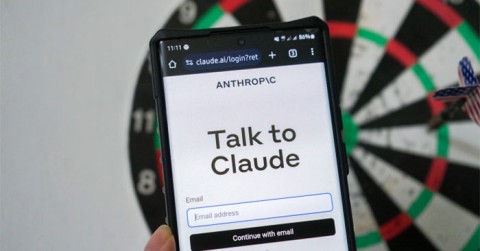
The new formal partnership with Microsoft is crucial to ensuring the long-term future of 1910 Genetics, but it also opens the door for the Redmond giant to enter a multi-billion dollar business market. Microsoft says its AI technology and capabilities will combine computational data, robotic lab automation, and multi-modal AI models to help complete research projects in a much shorter time than traditional methods.
Microsoft has already added 1910 Genetics to its Azure Quantum Elements high-performance computing service as a pilot program through the end of 2023. The partnership announced today will expand on that pilot program, combining 1910 Genetics’ expertise with Microsoft’s HPC services to help build a new system that both companies hope will significantly accelerate R&D on new drugs. No financial details were disclosed regarding the new partnership.
Microsoft has previously deployed Azure Quantum Elements with some success in a project designed to create high-performance lithium batteries, helping to quickly find new, more optimal materials for making batteries in just a few days. 1910 Genetics will leverage similar AI resources from Microsoft to help discover new drugs in a much shorter time frame.
